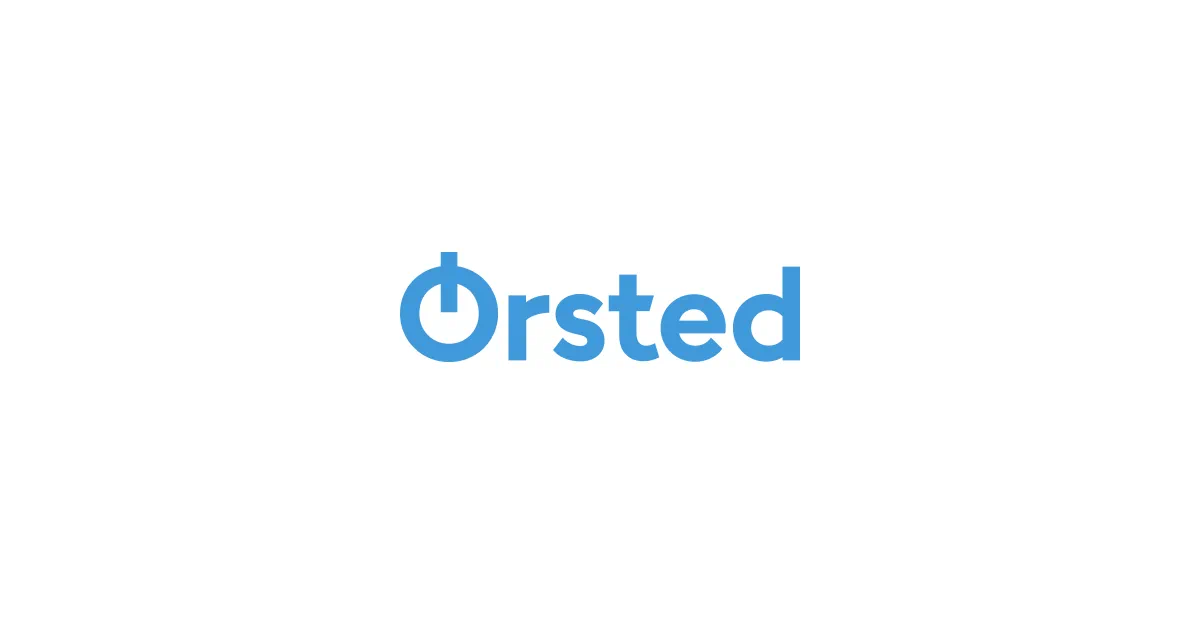Ørsted has signed an agreement with Cathay Life Insurance, the leading life insurance company in Taiwan, and its affiliate Cathay Power (together ’Cathay‘), under which Cathay will acquire a 55 % ownership stake of Ørsted’s 632 MW Greater Changhua 2 Offshore Wind Farm.
Located approximately 50–60 km off the coast of Changhua County, the Greater Changhua 2 site comprises Greater Changhua 2a (295 MW), which is operational, and Greater Changhua 2b (337 MW), which Ørsted is currently constructing, with commissioning expected in Q3 2026. Under the agreement, Ørsted will provide long-term operations and maintenance (O&M) services from its O&M hub at the Port of Taichung.
The total value of the transaction for the 55% equity stake is approximately DKK 5 billion (approx. TWD 25 billion) and takes into consideration the existing project financing arrangements. The closing of the transaction is planned to occur simultaneously with the project reaching commercial operations, which is expected in Q3 2026. In July 2025, Ørsted reached financial close on a project financing package of approx. DKK 20 billion for the entire project.
The transaction marks another significant milestone in Ørsted’s partnership and divestment programme and further solidifies the company’s capital structure, which is one of Ørsted’s four strategic priorities. With this agreement, Ørsted has signed divestments with proceeds totalling around DKK 33 billion during 2025, bringing the company close to achieving its target of securing proceeds of more than DKK 35 billion through its partnership and divestment programme in 2025 and 2026.
Trond Westlie, Chief Financial Officer of Ørsted, says:
“Having been through a competitive process with multiple parties, we’re pleased to once again partner with Cathay, with whom we already successfully co-own Greater Changhua 1 and 4. The transaction underlines the strong appetite from leading investors for high-quality assets with long-term offtake agreements, and combined with Changhua 2’s project financing package, the transaction marks a further strengthening of our capital structure and is a sizable contribution to our partnership and divestment programme.”
Andrew Liu, President of Cathay Life Insurance, says:
“This transaction marks Cathay Life’s continued collaboration with Ørsted through an investment in the Greater Changhua 2 Offshore Wind Farm. This investment reflects our continued support for Taiwan’s renewable energy transition while generating stable, long-term returns aligned with the investment objectives of the insurance sector.
Per Mejnert Kristensen, Senior Vice President and CEO of Region APAC at Ørsted, says:
“We’re pleased to deepen our long-standing partnership with Cathay as we advance Taiwan’s offshore wind build-out, with this investment reflecting our shared confidence in Taiwan’s offshore wind fundamentals. As Taiwan scales up renewable energy, Ørsted will continue to partner with industry leaders like Cathay to deliver competitive, resilient, and sustainable offshore wind projects that create lasting value.”
For further information, please contact:
Global Media Relations
Frederik Høj Ruhne
+ 45 99 55 95 52
Globalmedia@orsted.com
Investor Relations
Valdemar Hoegh Andersen
+45 99 55 56 71
ir@orsted.com
About Ørsted
Ørsted is a global leader in developing, constructing, and operating offshore wind farms, with a core focus on Europe. Backed by more than 30 years of experience in offshore wind, Ørsted has 10.2 GW of installed offshore capacity and 8.1 GW under construction. Ørsted’s total installed renewable energy capacity spanning Europe, Asia Pacific, and North America exceeds 18 GW across a portfolio that also includes onshore wind, solar power, energy storage, bioenergy plants, and energy trading. Widely recognised as a global sustainability leader, Ørsted is guided by its vision of a world that runs entirely on green energy. Headquartered in Denmark, Ørsted employs approximately 8,000 people. Ørsted’s shares are listed on Nasdaq Copenhagen (Orsted). In 2024, the group’s operating profit excluding new partnerships and cancellation fees was DKK 24.8 billion (EUR 3.3 billion). Visit orsted.com or follow us on LinkedIn and Instagram.
